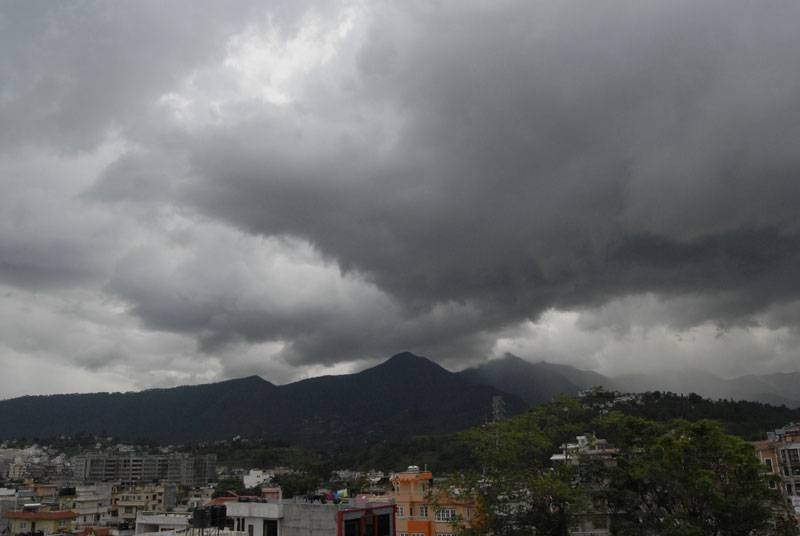The soil in your garden could be damaging the environment. Most keen gardeners want to do what's best for the environment , but we could all be making a big mistake without realising it. We all know that the flowers we plant can help attract bees and other vital pollinators to our gardens, and some of us may even have bee hotels or other insect houses to encourage them to stay.
These are all essential ways gardeners can help their local ecosystem, but did you know that the compost you use in your flowerbeds and potted plants could be doing more harm than good? All gardeners are being urged to check the bags of compost they might buy from garden centres and supermarkets. They must be clearly marked as "peat-free" soil bags. Peat is a natural resource found in peatland and bogs.

It's used in garden compost because it retains moisture well, as it is packed full of organic matter. However, harvesting peat for compost is destroying the natural landscapes where it forms. There is currently a phased ban on peat compost, which began with a ban on the sale of bagged peat compost at the end of 2024.
However, some peat products will remain on shelves until 2027, before a total ban in 2030. While most gardeners will be aware of the ban, the comments on a TikTok video posted by a gardener named Helen proved that some had "no idea" about the dangers using peat compost can have on the environment. In her video, Helen explained: "Peat is a natural resource found in peatlands and bogs.
It's super important for wildlife and acts as a natural carbon sink. Unfortunately, it is heavily extracted for use in gardening compost because it's good at retaining water, but it really should be left where it is. "There is going to be a total ban on peat compost in the UK by 2030, but that's not soon enough, so lots of compost brands have released their peat-free alternatives.
" She added: "It's really important when shopping for compost that you do look for that peat-free marker, because if it doesn't say it on the bag, it's probably not peat free, and a lot of damage has been done to the natural environment to get that compost to you. Which, as gardeners, is not what we want!" Helen encouraged gardeners to make their compost at home where possible, as it will "naturally be peat free". But if that isn't practical and you need to buy bagged soil, then getting a peat-free bag is essential.
Commenters on Helen's video thanked her for the advice, as some said they had no idea where their compost had come from and why it was so crucial to avoid using peat. One person said: "Wow, thank you, I had no idea! I'd always bought peat-free, but I thought it was just because it was better for the plants!" Another added: "Thank you for exposing the importance. I did not know, but I do now!" Making compost takes time and dedication, but it can be a great way to reduce food waste and eliminate garden waste like leaves and grass clippings.
You'll need a compost bin or designated compost area, and a garden fork or shovel to help turn your compost. Making compost requires a mix of "browns and greens," which are carbon-rich and nitrogen-rich materials. Brown carbon-rich things you can compost include dry leaves, shredded paper or cardboard, straw or hay and twigs.
Green nitrogen-rich materials include fruit and vegetable scraps, coffee grounds, grass clippings and tea bags. You should aim for a ratio of about 2-3 parts of browns to one part greens, as this will help avoid odours and promote proper decomposition. Do not compost things that can attract pests or harm your garden, such as pet waste, dairy products, meat or fish scraps or weeds that have gone to seed.
Begin your compost with a layer of coarse browns like small branches or straw to promote air flow, and then alternate layers of greens and browns. Every one to two weeks, use a pitchfork or shovel to turn the pile, which speeds up decomposition by introducing oxygen and mixing materials. Compost is finished when it's dark, crumbly and smells earthy.
The process usually takes two to six months, depending on the materials used and the conditions..
Environment

All gardeners urged to swap out 'damaging' soil for safer alternative

Gardeners have been urged to stop using a certain type of soil in their gardens as it is "damaging" - and there's a safer alternative you can use instead.















